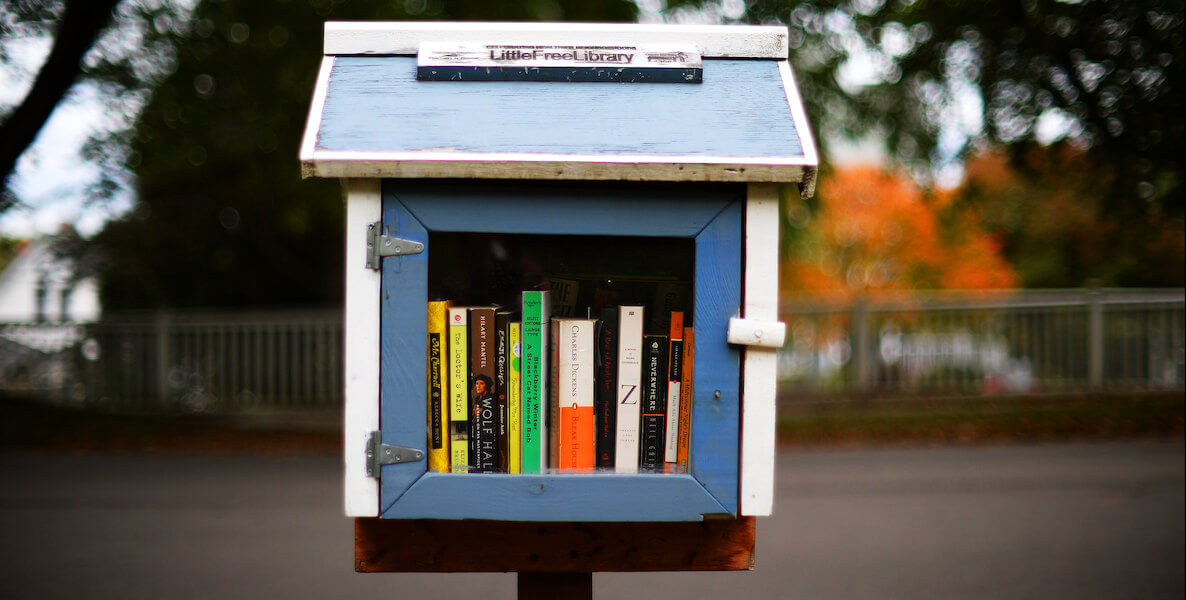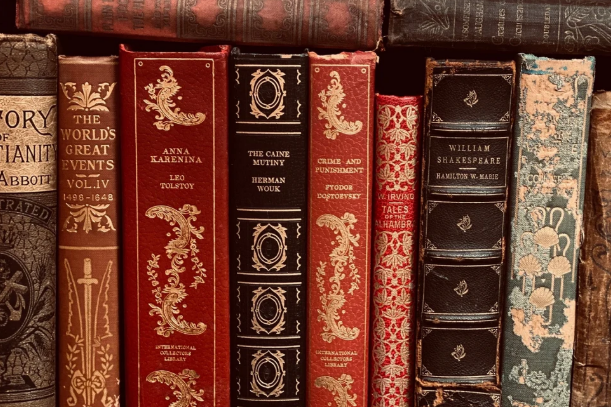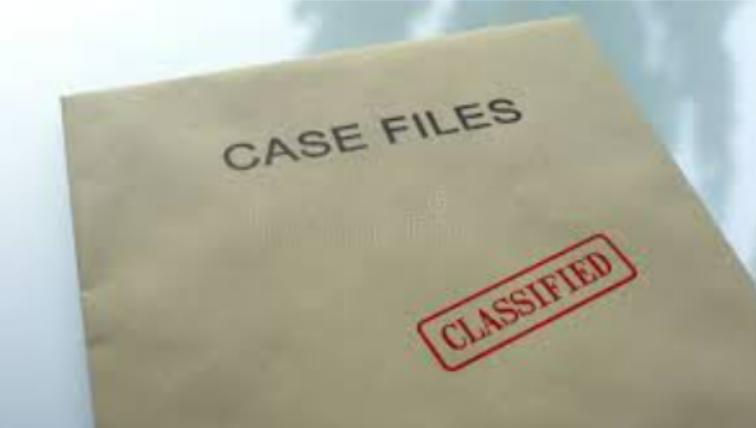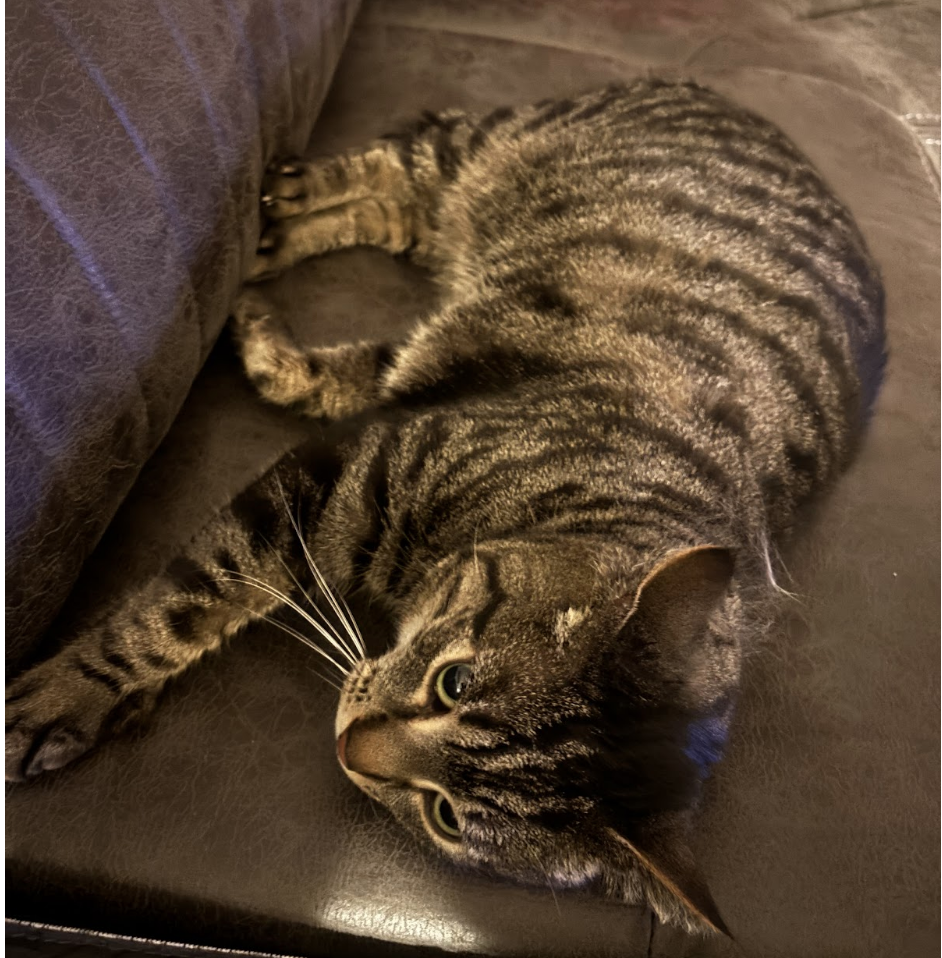As I am both an avid reader and chronically indecisive, I find it difficult to decide which book to read next. Bookstores online and in person offer an enormous, expensive collection, while public libraries require a time frame in which the book needs to be returned, which irritates me also. Based on these requirements, for the past year or so I have been almost exclusively attaining my books from Little Free Libraries all around the Abington community.
The concept is simple: a small, often brightly colored cupboard with books you can take for free and leave a book of your own in its place. I have a regular walking route in my neighborhood which connects two little libraries together, and I am lucky to have one just outside my place of work as well. If you’re interested in checking one out, there is a little library just outside the entrance to the Senior High near Charles St., where I brought home “The Da Vinci Code” and “The Seven Husbands of Evelyn Hugo” last year. Having many of these scattered across the township connects me to other readers in the local area without the horror of human interaction (usually).
While you are not guaranteed to receive the most pristine editions of any book, this option fights back against the plague of over-consumption and is therefore environmentally friendly, as well as being more accessible to those unable to purchase books new. I am of the opinion that used books have more character, and I adore finding birthday messages in the beginning and class notes in the margins of books I pick up. I have also found photos and other paper paraphernalia used as bookmarks, which make me treasure the small glimpses I have into the lives of those I barely know.
But the value of the Little Free Library goes much deeper. It provides a chance to acquire books outside of the confines of the echo chamber of social media, in which one mostly only finds the most positive views of the most popular books. In the real world, where the Little Free Library resides, there exist novels outside of the popular YA and the same five classics. People can have respectful discussions about what they read, face-to-face, without wild misinterpretation and ignorance. This is relevant especially with the rise of book banning, in which a small group of people collectively decide one close-minded interpretation of a complicated and multi-faceted novel. The encouragement of a more down to earth exchange of books provides a chance for down-to-earth conversations. After all, the completely free exchange of knowledge with little policing is the nightmare of those in favor of book banning.
In all, Little Free Libraries provide a more organic way to enjoy literature. They are beacons of hope and evidence that people still read, even if that evidence is only fifteen copies of small pamphlets about how to find yourself after divorce.








